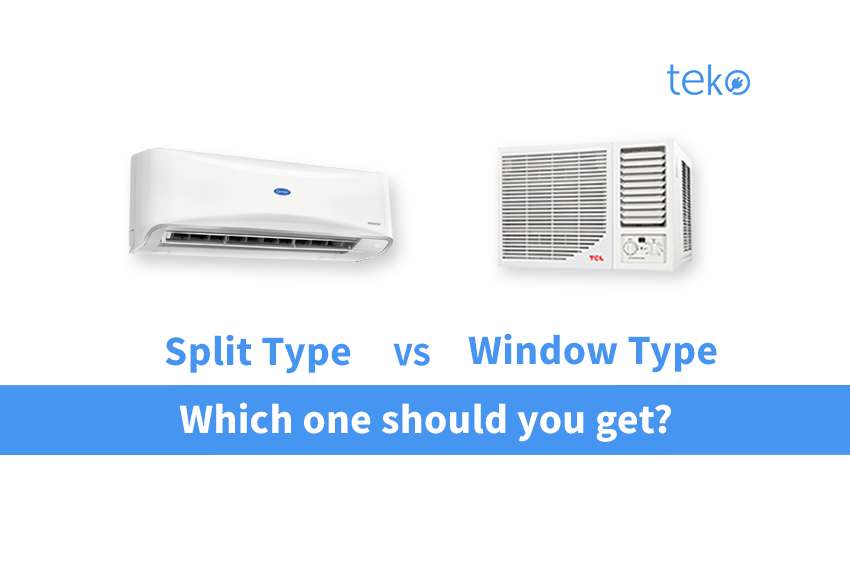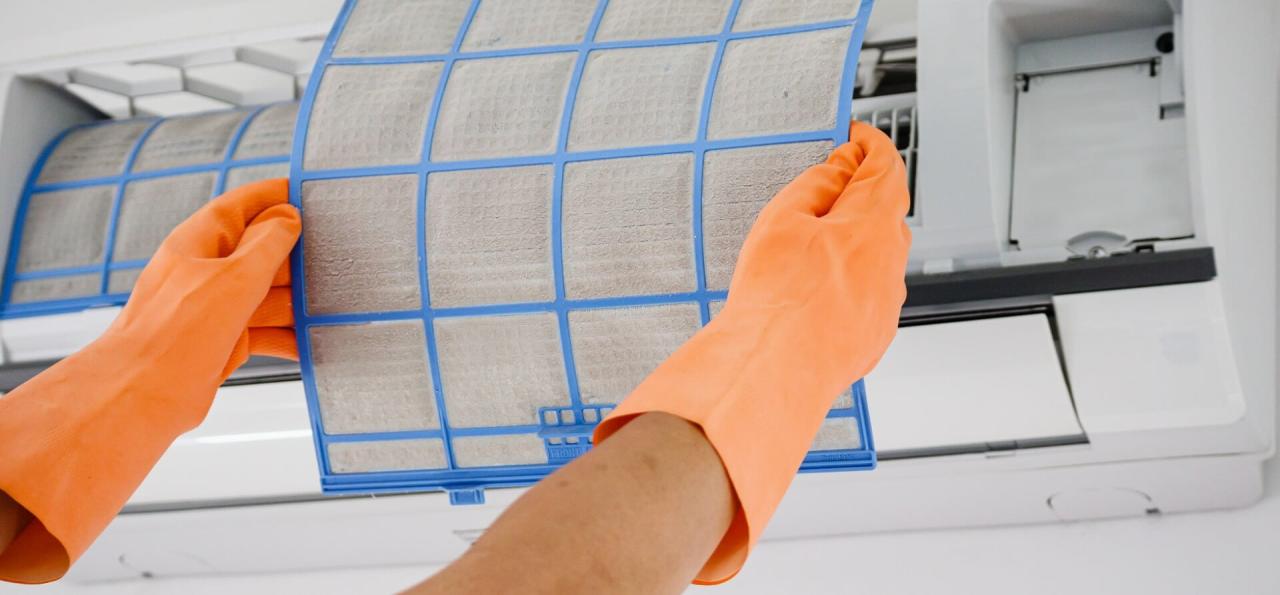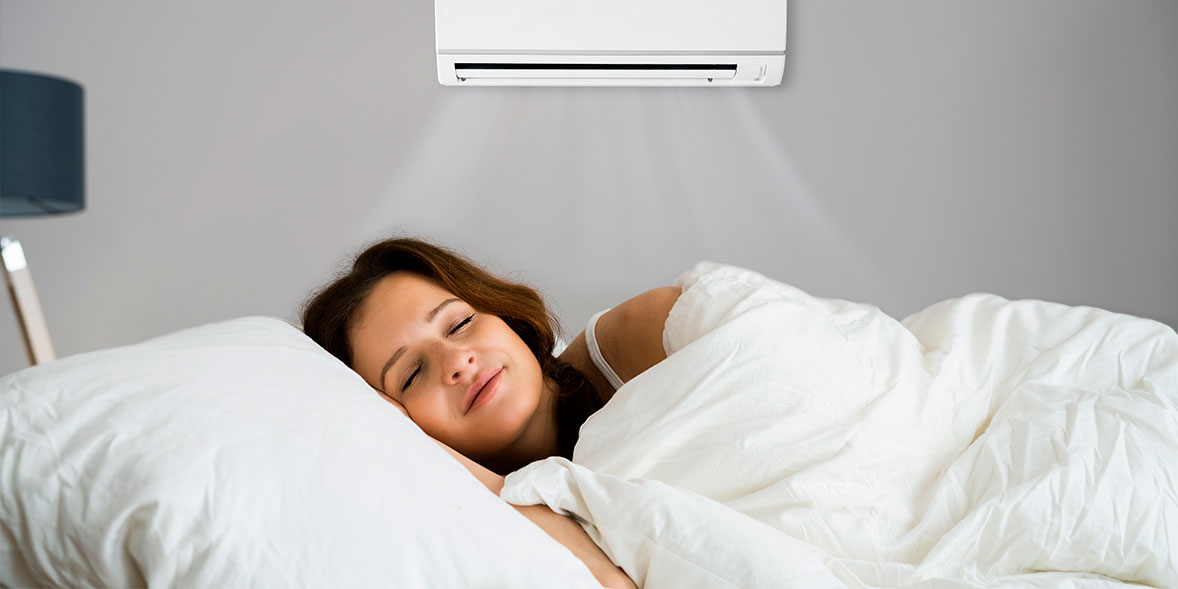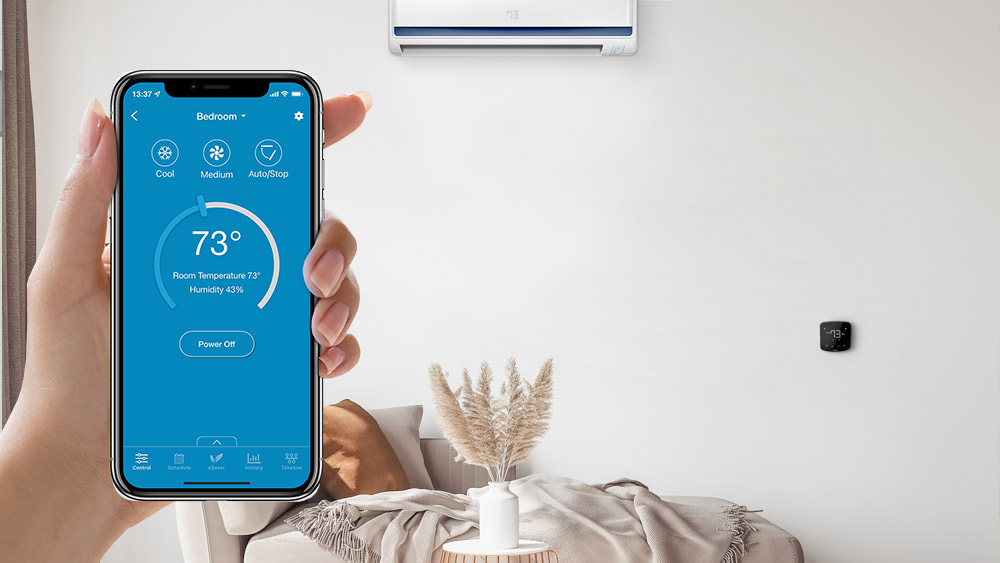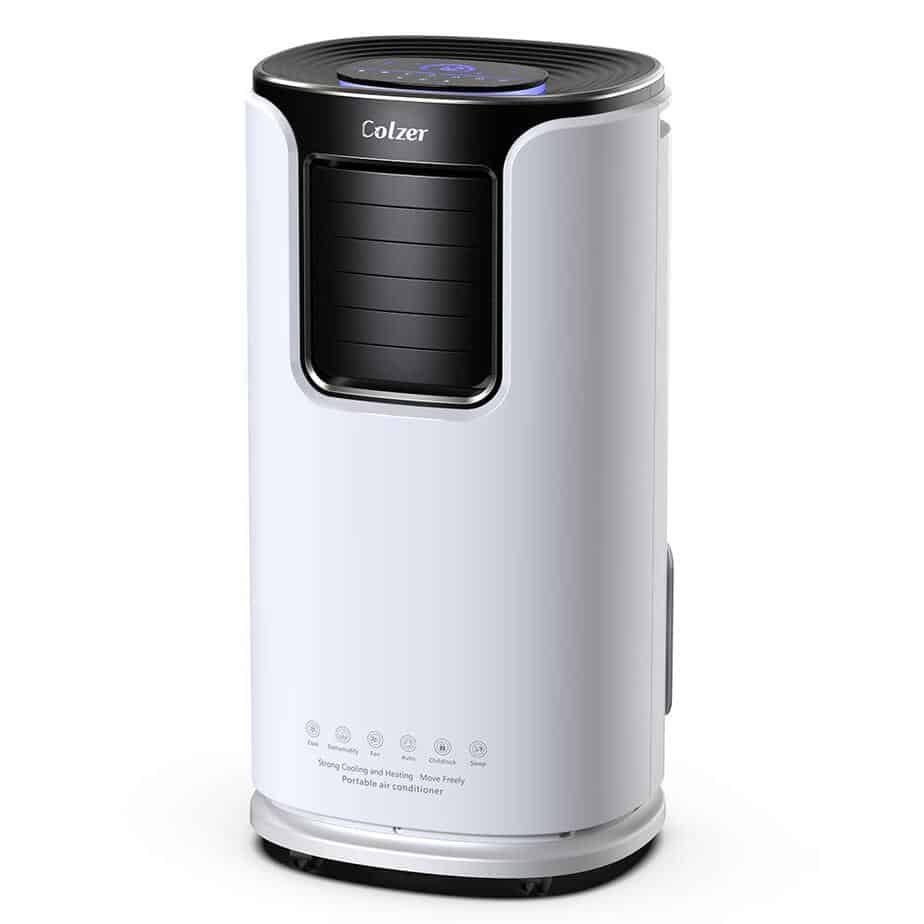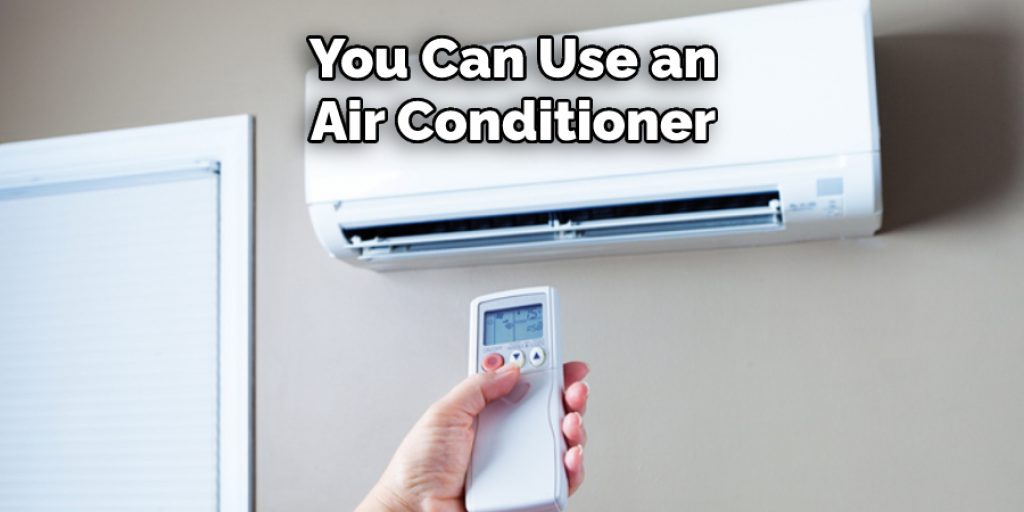When it comes to creating a comfortable and conducive environment in office buildings, choosing the best commercial air conditioners is crucial. From different types of systems to factors to consider and installation best practices, this guide covers everything you need to know to make an informed decision.
Let's dive in!
Types of commercial air conditioners suitable for office buildings
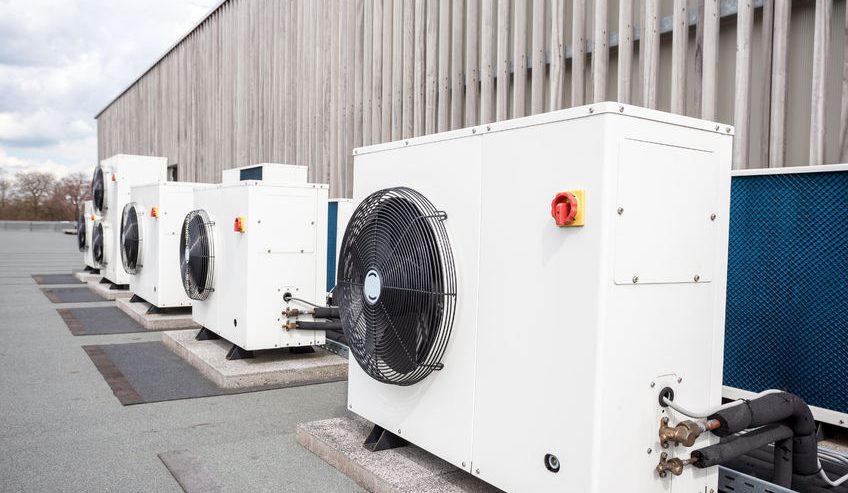
When it comes to cooling large office buildings, there are several types of commercial air conditioners to choose from. Let's explore the different options available and compare their efficiency and cost-effectiveness.
Centralized Air Conditioning Systems
Centralized air conditioning systems are designed to cool the entire office building from a centralized location. These systems typically consist of a large unit located outside the building that circulates cool air through ductwork to various rooms and offices. Centralized systems are efficient for cooling large spaces and offer centralized control and maintenance.
Individual Unit Air Conditioners
Individual unit air conditioners, such as split systems or window units, are installed in each office space separately. While these units provide localized cooling and can be controlled individually, they may not be as efficient for cooling large office buildings compared to centralized systems.
However, individual units can be more cost-effective for smaller office spaces or buildings with unique cooling requirements.
Most Efficient and Cost-Effective Options
For large office buildings, centralized air conditioning systems are often the most efficient and cost-effective option in the long run. These systems can provide consistent cooling throughout the building, reduce energy consumption, and offer centralized control for maintenance and temperature adjustments.
While the initial installation cost may be higher than individual units, centralized systems can result in lower overall operational costs and better energy efficiency.
Factors to consider when selecting the best commercial air conditioner
When choosing the best commercial air conditioner for office buildings, several key factors need to be taken into consideration to ensure optimal performance, energy efficiency, and cost-effectiveness.Proper ventilation and air quality are crucial in office environments to maintain a comfortable and healthy workspace for employees.
Poor air quality can lead to health issues, decreased productivity, and overall dissatisfaction among staff. Therefore, selecting an air conditioning system that provides adequate ventilation and high-quality air filtration is essential.The size of the office building plays a significant role in determining the type and capacity of the commercial air conditioner needed.
It is essential to properly assess the square footage of the office space to ensure that the air conditioning system can effectively cool or heat the entire area without overworking or underperforming.Energy efficiency is another critical factor to consider when selecting a commercial air conditioner for office buildings.
Energy-efficient systems can help reduce utility costs and minimize environmental impact. Look for air conditioning units with high SEER (Seasonal Energy Efficiency Ratio) ratings to ensure optimal energy efficiency.Maintenance requirements should also be taken into account when choosing a commercial air conditioner.
Regular maintenance is essential to keep the system running smoothly and prolong its lifespan. Consider the ease of maintenance and accessibility of replacement parts when selecting an air conditioning unit for your office building.Lastly, the climate and weather conditions of the region where the office building is located should be considered when choosing the right air conditioning system.
Different climates may require different types of air conditioning units to ensure optimal performance and efficiency. For example, areas with high humidity levels may benefit from dehumidifying features in the air conditioning system.
Importance of proper ventilation and air quality
In office environments, proper ventilation and air quality are crucial factors that can impact the health and well-being of employees. Poor air quality can lead to respiratory issues, allergies, and discomfort, affecting productivity and overall satisfaction in the workplace. It is essential to choose a commercial air conditioning system that provides adequate ventilation and high-quality air filtration to create a healthy and comfortable workspace for employees.
Impact of climate and weather conditions
The climate and weather conditions of the region where the office building is located play a significant role in determining the most suitable air conditioning system. Factors such as temperature fluctuations, humidity levels, and air quality can impact the performance and efficiency of the air conditioning unit.
It is essential to consider these factors when selecting a commercial air conditioner to ensure optimal comfort and functionality in the office building.
Installation and maintenance best practices for commercial air conditioners
Proper installation and regular maintenance are crucial for ensuring the efficiency and longevity of commercial air conditioners in office buildings. Here, we will discuss the steps involved in installing a commercial air conditioning system and provide tips for maintenance to optimize performance.
Installation of Commercial Air Conditioning System
When installing a commercial air conditioning system in an office building, it is essential to follow these steps:
- Assess the cooling requirements of the office space to determine the right size and capacity of the air conditioner.
- Select a suitable location for the indoor and outdoor units, ensuring proper ventilation and accessibility for maintenance.
- Install the indoor unit first, followed by the outdoor unit, connecting the refrigerant lines, electrical wiring, and drainage pipes securely.
- Test the system to ensure it is functioning correctly and adjust the settings for optimal performance.
Tips for Regular Maintenance
Regular maintenance is key to keeping commercial air conditioners running smoothly. Here are some tips to ensure optimal performance:
- Clean or replace air filters every 1-3 months to prevent dust and debris buildup, which can restrict airflow.
- Inspect and clean evaporator and condenser coils annually to improve energy efficiency and cooling capacity.
- Check and clear the drainage system to prevent water leaks and humidity issues.
- Schedule professional inspections and tune-ups at least once a year to identify and address any potential issues early.
Significance of Professional Installation and Servicing
Professional installation by certified technicians is essential for ensuring the proper functioning and efficiency of commercial air conditioners. Regular servicing can help detect and prevent minor problems from escalating, ultimately extending the lifespan of the unit and reducing energy consumption.
Energy efficiency and sustainability features of modern commercial air conditioners
Modern commercial air conditioners come equipped with advanced energy-efficient features that not only help reduce utility costs but also contribute to a greener environment. Investing in sustainable HVAC solutions for office buildings is not only beneficial for the bottom line but also for the planet.
Latest Technological Advancements in Energy-Efficient Air Conditioning Systems
With the advancement in technology, commercial air conditioners now come with features like variable speed compressors, energy-efficient fans, and smart sensors that optimize performance based on real-time conditions. These systems consume less energy while maintaining optimal comfort levels.
Benefits of Investing in Sustainable HVAC Solutions for Office Buildings
- Reduced energy consumption leads to lower utility bills.
- Extended lifespan of the HVAC system due to reduced strain on components.
- Improved indoor air quality with advanced filtration systems.
- Enhanced comfort for occupants with precise temperature and humidity control.
Smart Thermostats and Zoning Systems for Energy Savings
Smart thermostats allow for remote monitoring and control of the HVAC system, enabling users to adjust settings based on occupancy and external conditions. Zoning systems divide the building into separate zones with individual temperature controls, ensuring energy is not wasted on unoccupied areas.
Closing Notes
In conclusion, selecting the right commercial air conditioner for your office building involves considering various factors like energy efficiency, maintenance, and sustainability features. By following the best practices Artikeld here, you can ensure a well-ventilated and comfortable workspace for your employees.
Make the right choice for your office building today!
Answers to Common Questions
What are the benefits of investing in energy-efficient air conditioning systems?
Energy-efficient systems not only help reduce utility costs but also have a positive impact on the environment by lowering energy consumption. They also often come with advanced features that enhance comfort and control.
How important is proper ventilation in office environments?
Proper ventilation is crucial for maintaining good indoor air quality, which directly impacts the health and productivity of employees. It helps remove pollutants and replenish oxygen levels, creating a healthier work environment.
Why is professional installation and regular maintenance essential for commercial air conditioners?
Professional installation ensures that the system is set up correctly for optimal performance. Regular maintenance helps prevent breakdowns, prolongs the lifespan of the unit, and maintains its efficiency over time.

